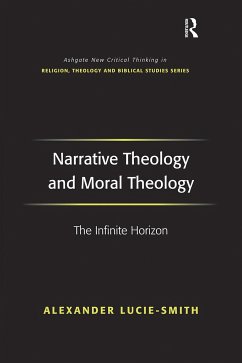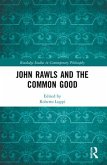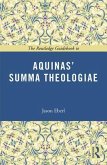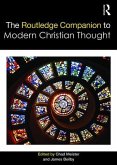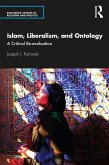Moral thinking today finds itself stranded between the particular and the universal. Alasdair MacIntyre's work on narrative, discussed here along with that of Stanley Hauerwas and H. T. Engelhardt, aims to undo the perceived damage done by the Enlightenment by returning to narrative and abandoning the illusion of a disembodied reason that claims to be able to give a coherent explanation for everything. It is precisely this - a theory that holds good for all cases - that John Rawls proposed, drawing on the heritage of Emmanuel Kant. Who is right? Must universality be abandoned? Must we only think about morality in terms that are relative, bound by space and time? Alexander Lucie-Smith attempts to answer these questions by examining the nature of narrative itself as well as the particular narratives of Rawls and St Augustine. Bound and rooted as they are in history and personal experience, narratives nevertheless strain at the limits imposed on them. It is Lucie-Smith's contention that each narrative that points to a lived morality exists against the background of an infinite horizon, and thus it is that the particular and the rooted can also make us aware of the universal and unchanging.
'Carefully and charitably written, mercifully free from the sort of polemicising and posturing that characterises some of the writers he discusses, Lucie-Smith's book deserves to be widely read, and its central thesis developed. His lucid style would be accessible to general readers as well as more specialised academics, and would reward the study of those who, week by week, are entrusted with the task of expounding the Gospel narrative,and opening up the infinite horizon to which they point.' Church Times 'Alexander Lucie-Smith [...] offers a very intelligent, scholarly argument, incorporating narrative theology into a more Catholic context. Moreover, in a world in which cross-cultural dialogue and ethics are all the more important, he aims to keep narratives from being trapped in their own local traditions... In sum, Lucie-Smith has given the field of theological ethics a very significant contribution.' The Tablet

